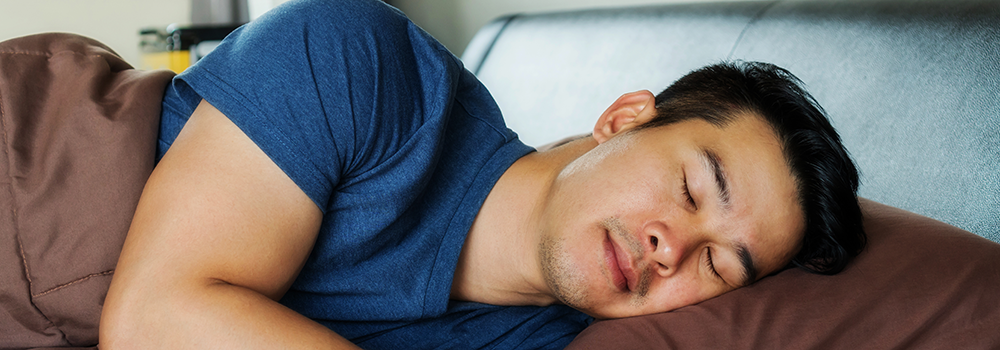Creating healthy routines is a valuable part of addiction recovery. A routine is a way to automate healthy behavior. Instead of having to decide if and when you’re going to do the various things in your recovery plan, you create a routine and follow it. Once the routine is in place, you do productive things with little to no effort.
Having a bedtime routine can be especially helpful. Getting enough quality sleep is one of the most important lifestyle changes you can make to improve your mental and physical health. Maintaining a consistent bedtime routine can help you fall asleep easier as well as improve the quality of your sleep. Here are some things to consider when creating a bedtime routine.
Start at a Regular Time
One of the keys to getting a good night’s sleep is going to bed at the same time every night and get up at the same time each morning. Sleep is a complicated physiological process. Maintaining a regular schedule helps your body prepare for it more efficiently. Figure out what time you need to be in bed to get eight hours of sleep. Make sure the time you choose to be in bed daily is reflective of the additional time you need to decompress and actually fall asleep. Once you have decided on a bedtime, it may be helpful to set an alarm on your phone to keep you on track.
Include a Cool-Down Period
Give yourself a buffer zone to help you transition from the stress of the day into rest and relaxation more smoothly. If you’re doing chores or catching up on work until the very last minute before bedtime, you’ll still feel wound up and have a hard time sleeping. Include some time to decompress. Perhaps take a warm bath or listen to music. Anything to create a bit of a gap between activity and sleep will do.
Include Some Kind of Reflective Practice
Implementing a reflective practice into your bedtime routine can be a great way to slow down after a busy day. Maybe this means journaling, prayer, or meditation. Journaling offers a chance to reflect on what went well that day, as well as to write about things you might be concerned about. Getting these thoughts and anxieties out of your head and onto paper helps keep you from obsessing about them when you lie down to sleep. Additionally, prayer and meditation help reduce stress and put you in a positive frame of mind, which also improves sleep quality.
Set the Stage for Sleep
Finally, make sure conditions are right for a good night’s sleep. Lower the thermostat a bit. Make sure the bedroom is dark and quiet. Limit screen time by turning off your TV and putting your phone away. This will cultivate a strong mental association, letting you know that when you lie down, it’s time to sleep.
Looking for Support?
Recovering from addiction requires many healthy lifestyle changes, including daily exercise, healthy eating, and plenty of quality sleep. Recovery is a holistic process and requires attention to the wellbeing of the whole person. Keeping your body healthy is integral to keeping your mind healthy. At Tree House Recovery of Portland, Oregon, we help men become stronger mentally, physically, and spiritually so they can live lives free from addiction. To learn more about our unique program, call us today at (503) 850-2474




